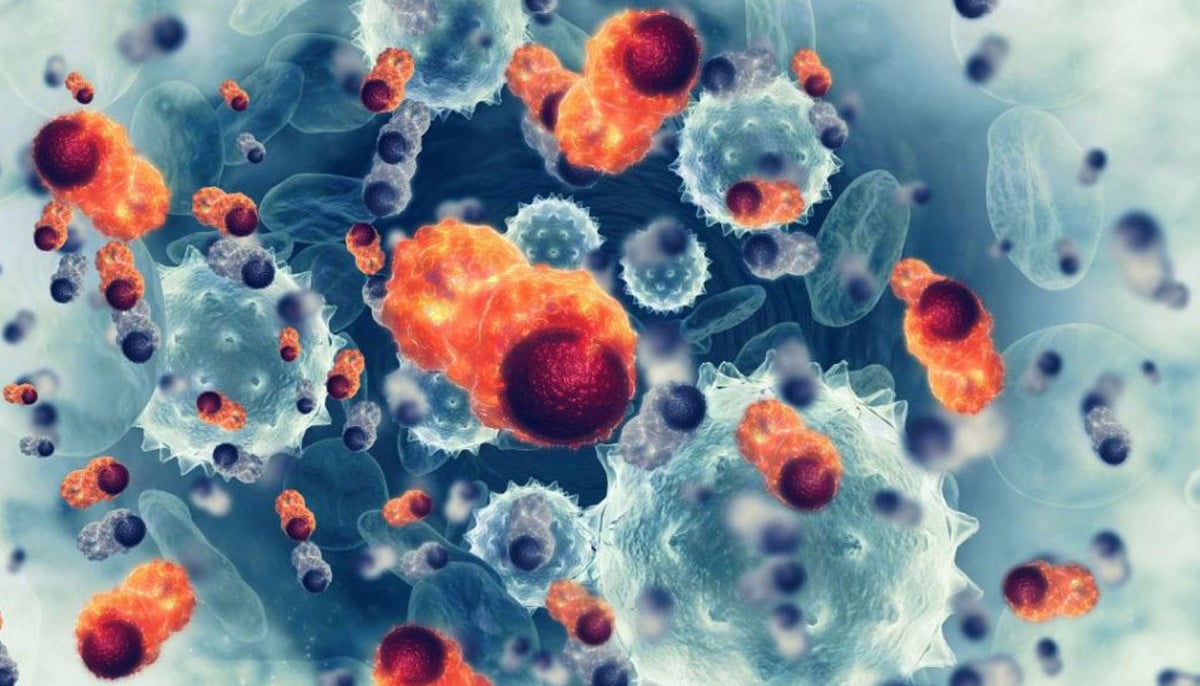Study shows gut bacteria impact brain health
Body of evidence indicating that gut microbiomes of patients with Alzheimer's disease and healthy individuals can vary is growing
Tens of billions of microorganisms that ordinarily reside in our intestines, or the so-called gut microbiome, have a significant impact on how our bodies work including the brain according to a growing body of data.
Among other things, members of this microbial community help us digest food, generate vitamins, stop the formation of dangerous bacteria, and control the immune system. According to researchers from Washington University School of Medicine in St Louis, a recent study reveals that the gut microbiome also has a significant impact on the health of our brains.
The study in mice discovered that the behaviour of immune cells throughout the body, including those in the brain that can harm brain tissue and exacerbate neurodegeneration in conditions like Alzheimer's disease, is influenced by gut bacteria, in part by producing substances like short-chain fatty acids. The research, which was released on January 13 in the journal Science, suggests that neurodegeneration may be prevented or treated by altering the gut flora.
The body of evidence indicating that the gut microbiomes of patients with Alzheimer's disease and healthy individuals can vary is growing. It is unclear, however, whether these variations are the disease's cause, consequence, or both, and what impact changing the microbiome would have on the disease's progression.
The researchers changed the gut microbiomes of mice prone to suffer from brain damage and cognitive impairment similar to that seen in Alzheimer's disease in order to ascertain whether the gut microbiome might be playing a causative role. The mice were genetically altered to exhibit a mutant form of the tau protein found in the human brain, which accumulates and damages neurons by the time the mice are 9 months old.
They also had a human APOE gene variation, which is a significant genetic risk factor for Alzheimer's. Three to four times as many people with one copy of the APOE4 mutation will get the disease as those with the more prevalent APOE3 variant.
These genetically altered mice did not develop gut microbiomes when they were maintained in sterile environments from birth, and at 40 weeks of age, their brains displayed far less damage than those of mice with normal mouse microbiomes.
“This study may offer important insights into how the microbiome influences tau-mediated neurodegeneration, and suggests therapies that alter gut microbes may affect the onset or progression of neurodegenerative disorders,” said Linda McGavern, PhD, program director at the National Institute of Neurological Disorders and Stroke (NINDS), which provided some of the funding for the study.
The results point to a novel strategy for treating and preventing neurodegenerative disorders that involves altering the gut microbiome through the use of antibiotics, probiotics, special diets, or other strategies.
-
All you need to know guide to rosacea
-
Prevent cancer with these simple lifestyle changes
-
Experts reveal keto diet as key to treating depression
-
Skipping breakfast? Here are some reasons why you shouldn't
-
Sciences reveals shocking body response against heart attack
-
Anti-inflammatory teas to keep your gut balanced
-
Emma Stone reveals she is ‘too afraid’ of her ‘own mental health’
-
5 simple rules to follow for smooth, healthy hair












